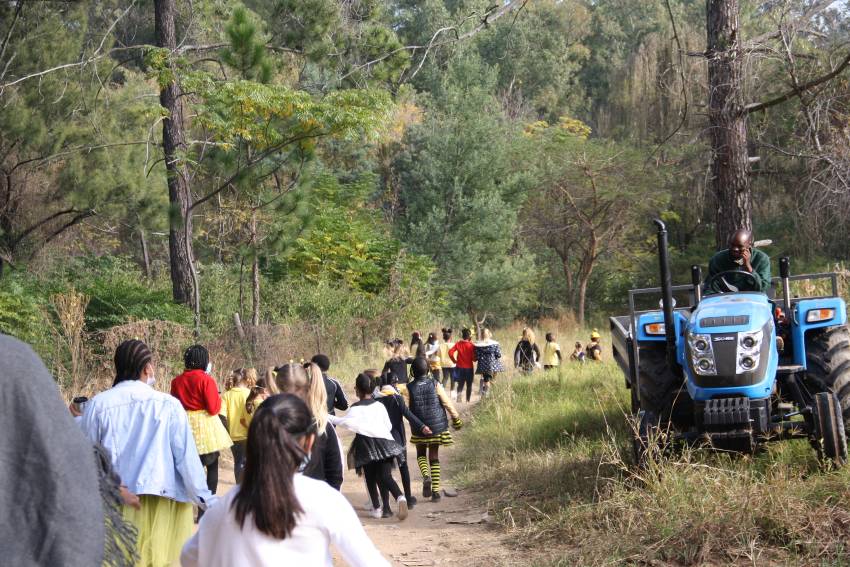Quality Schooling is an Investment into Your Child's Future

Quality schooling is an investment into your child's future
The dilemma for parents around where their children will receive the best possible education starts as early as the first few months of a child's life. Registering your child and managing their educational journey become a primary concern for parents searching for the optimal schooling experience.
There are many factors to consider, but the approach to the educative process and the emphasis on your child's unique capabilities are key factors influencing your child's future well-being. Unfortunately, school fees vary substantially, and independent schooling can be costly. Still, if you consider the cost of school fees over the 12 years as your investment into their future, the outlay becomes worth every cent.
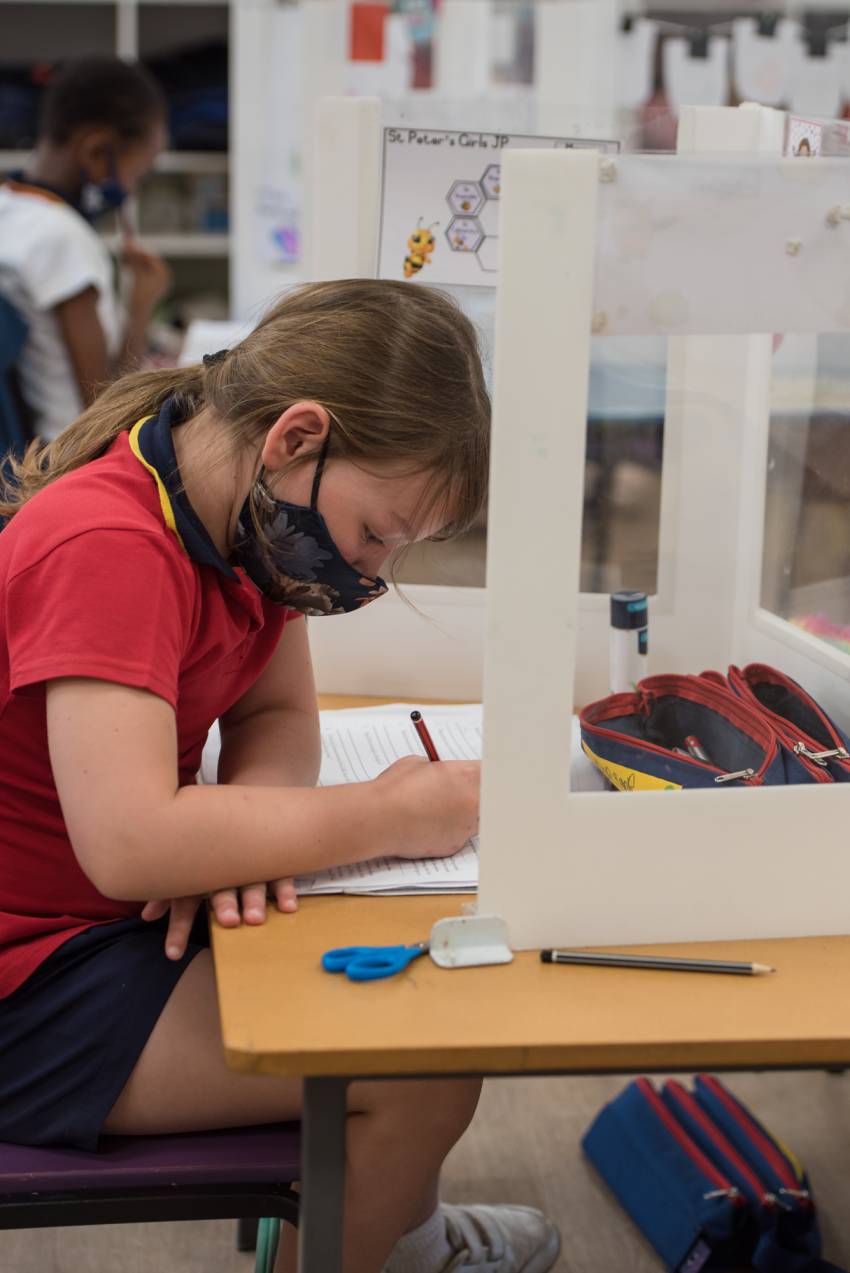
Independent schooling at St Peter’s Prep Schools
Managing an independent school has become a highly complex task. The school is a registered Public Benefit Organisation and although needs to operate as a business to remain sustainable, the school has no shareholders and any surplus is re-invested in the school. The school needs to be compliant with all relevant business-related labour, governance and financial legislation. At the same time, it must comply with a raft of legislation on education, childcare, health and safety, environment, employment equity, anti-discrimination, and the like. Moreover, if a school aims to provide its pupils with the very best opportunities, it must remain abreast of education, curriculum, psychological, neurological, and IT research. Many independent schools are entirely self-funded, with a large proportion of costs allocated to providing the advantages of a lower teacher/pupil ratio, high-calibre teaching staff, practical learner support and access to extended learning opportunities.
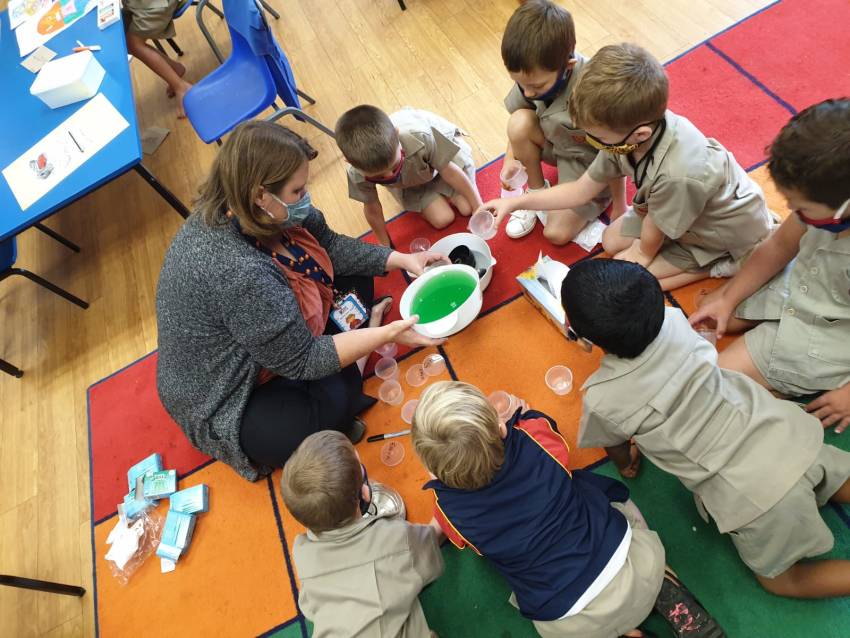
Every parent wants their child to grow into a forward-thinking, well-rounded adult and these foundations are laid during the school-going years. The concern for nurturing individual potential is nowhere more evident than at the St Peter’s Schools in Johannesburg. A common purpose drives the St Peter’s Boys Prep, Girls Prep and Pre-Prep Schools, that of developing each child's strengths in any given field, together with a commitment to providing a caring, superior, holistic education.
Ahead of the Game, Behind every Child
St Peter’s Rector, Greg Royce, underlines the schools' ethos around personal development. "At St Peter’s, the path to self-realisation is supported by both a positive education philosophy and by individual growth and leadership programmes. We use a series of deliberate milestones to set the pace for individual character and confidence development to ensure that no child is left behind. In addition, we use Cognitive Education methodology designed to enhance thinking, problem-solving skills and judgement. We are proud that St Peter's is the first school in Africa to be accredited a Thinking School by the University of Exeter," he says.
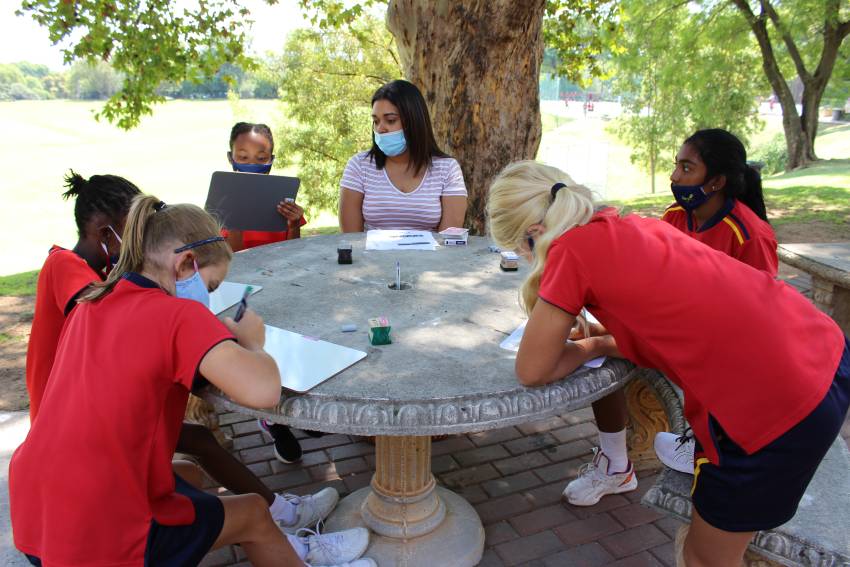
"Here, we understand that all children are different and learn differently, some more quickly than others. We believe in the limitless potential of children to become successful spouses, parents, friends, bosses and colleagues. We support our children academically, socially and emotionally, with the help of a team of Psychologists, Speech and Language therapists, Occupational therapists, Remedial therapists, and a Biokineticist. There are also second teachers on hand in each class or separate smaller classes, for higher grades, to assist with personalised learning."
The schools' philosophy focuses on improving individual motivation towards autonomy, mastery and purpose. At the same time, collaborative development is encouraged through the Flexible Learning Programme (FLP), which enables pupils to explore a series of probing and relevant questions through group work and self-led study.
Adaptability and resilience
Experience with the FLP has taught St Peter’s children to work independently without needing constant affirmation or repetitive instructions from their teachers, and the staff's familiarity with the programme enables them to quickly convert to online learning when circumstances dictate. The FLP involves pre-set work that hinges around the setting of problem-centred assignments to be tackled in groups. The staff remains available to provide guidance, but assignments are delivered electronically, so it makes little difference when students are working from home.
"Online lessons are critical to ensure that all pupils remain engaged and receive direct instruction and feedback. In addition, we can continue to deliver individual learning support for those who need it and emotional support via the Chaplain, school psychologists and counsellors online," explains Royce. "The conversion to prolonged online learning meant that staff improved their IT techniques for better delivery and more meaningful assessment. Teachers report back weekly or fortnightly to parents and pupils to ensure that the quality of learning taking place is up to standard."
Even under these trying circumstances, St Peter’s manages to meet the need for holistic education by presenting music, physical education and even chess lessons online. The school also provides regular online social interaction opportunities to keep students struggling with the effects of isolation, psychologically safe.
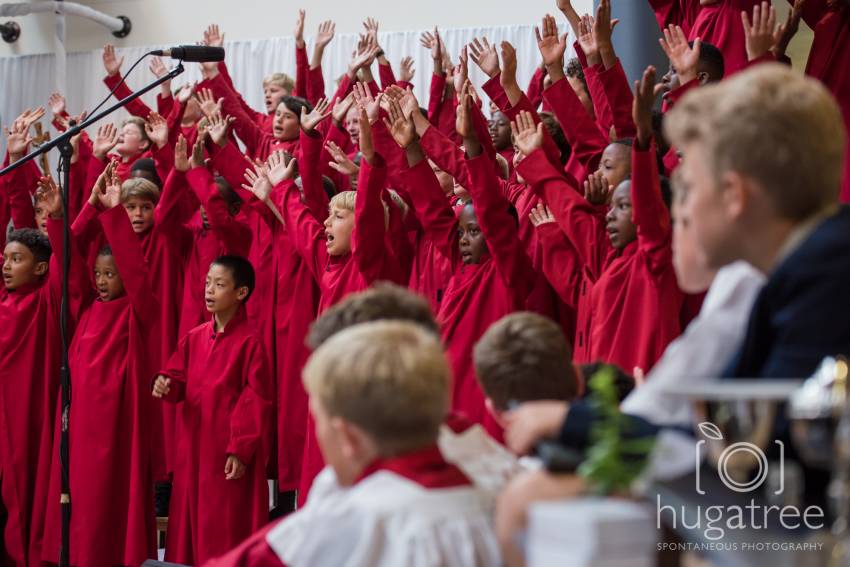

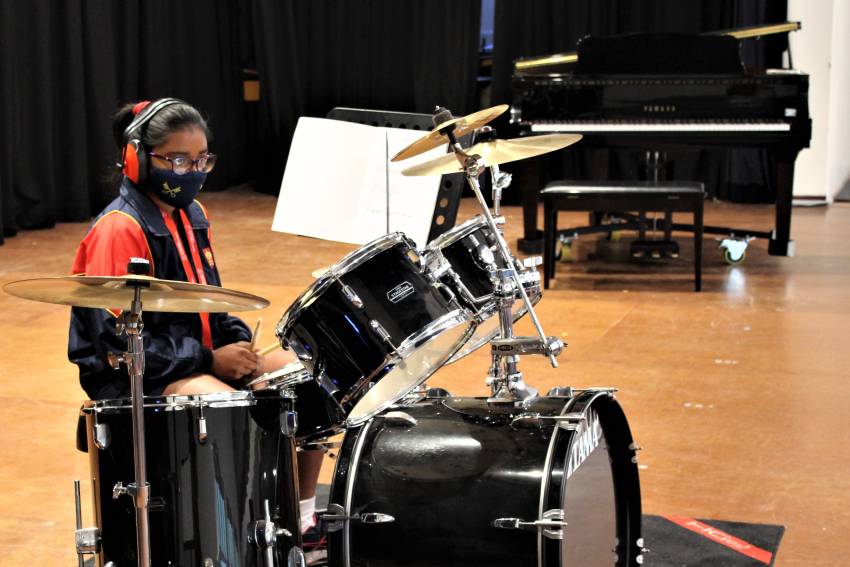
The range of extra-murals at St Peter's is significant, offering pupils additional growth outlets in the fields of:
- Soccer
- Cricket
- Basketball
- Rugby
- Swimming
- Tennis
- Cross Country
- Netball
- Hockey
- Athletics
- Water polo
- Chess
- Music: Piano, Violin, Trombone, Trumpet, Percussion, Clarinet, Saxophone, Cello, Flute, Ukulele, Guitar, Electronic, Drumline
- Marimba Band
- Voice training
- Orchestra
- Rock Band
- Various vocal ensembles
- Choir
- Theatre lighting
- Bell ringing
- Professional recording studio operation (the school has its own recording studio)
- Sound & Lighting
- Coding & Robotics
- Thinking Skills
Environmental awareness
St Peter’s has a contingent of Grounds and Turf management who manage the fields and gardens, care for the 500+ trees on the campus, maintain the school beehives and manage a commercial compost-making plant. These activities encourage the pupils to explore relevant issues around conservation, recycling and environmental awareness.
"Green spaces are vitally important for humans (those lucky enough to have it), and our campus serves as a teaching space as well. The children love that bushbabies and hedgehogs still occur naturally and that the campus bird checklist includes over 160 species. We even keep chickens that roam around the playgrounds. Children request to have their birthday parties at school and constantly return over weekends and during the holidays to play. As we all know, play is a critical element of education and well-being, so we are extremely grateful to have a green space like this to contribute to our pupils' well-being," says Royce.
